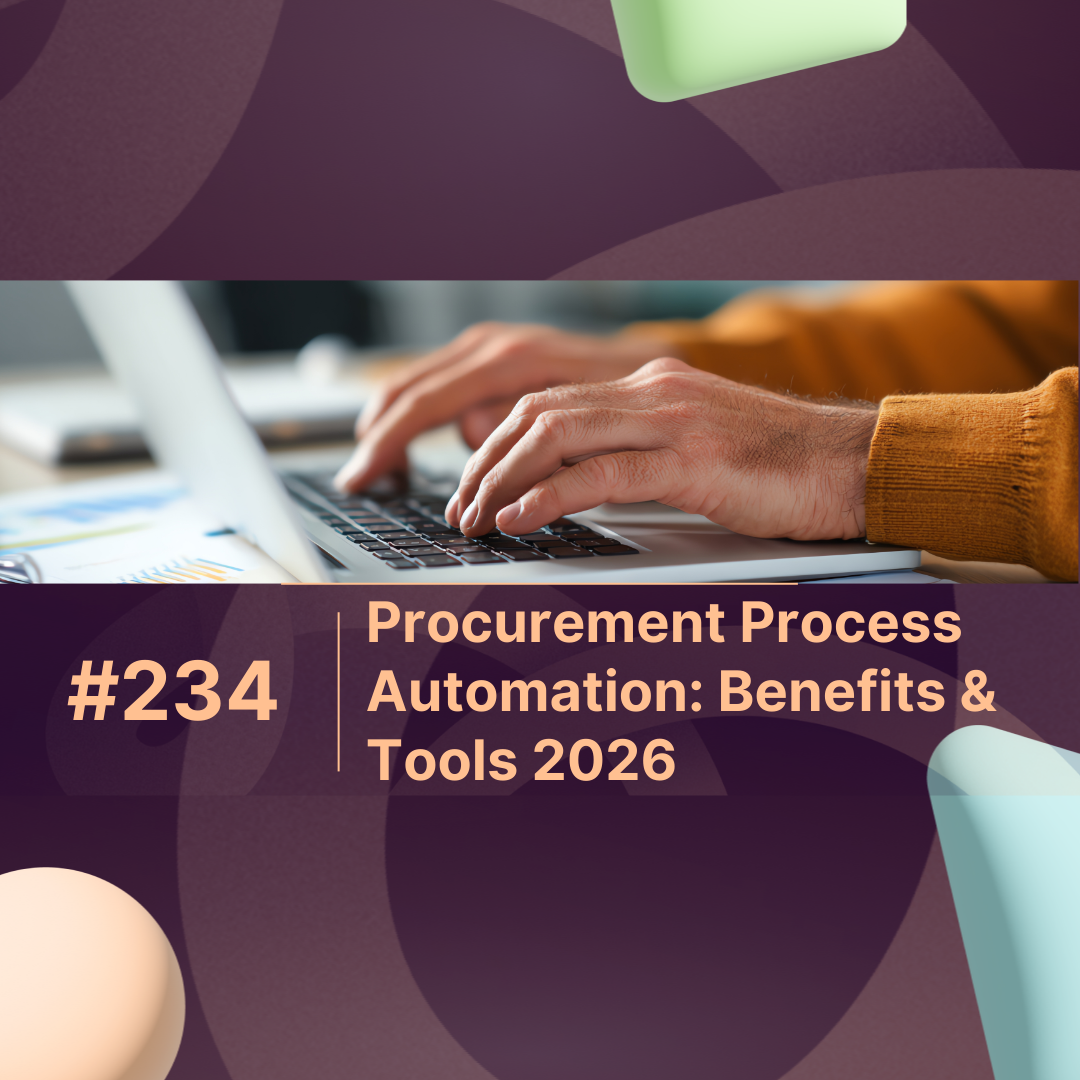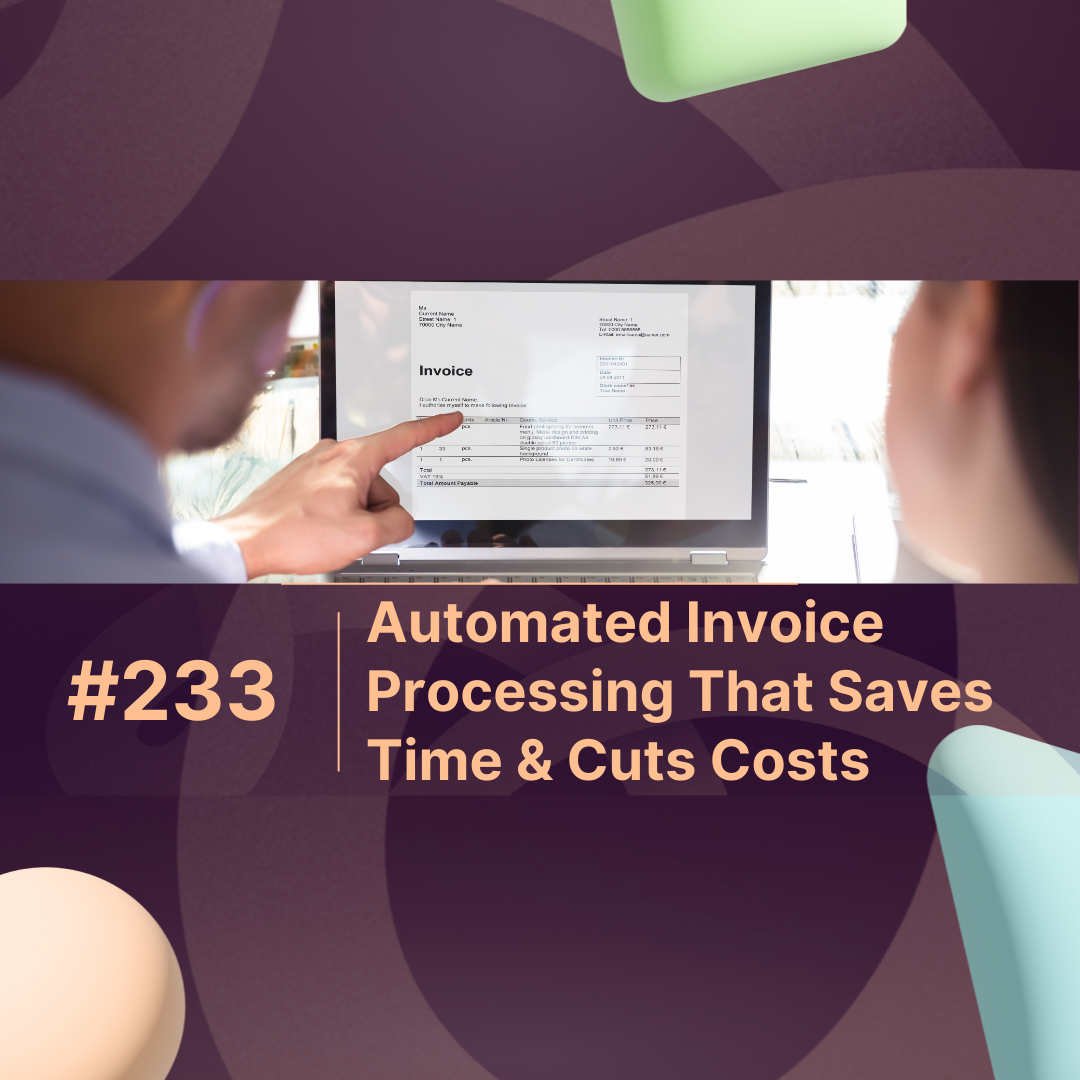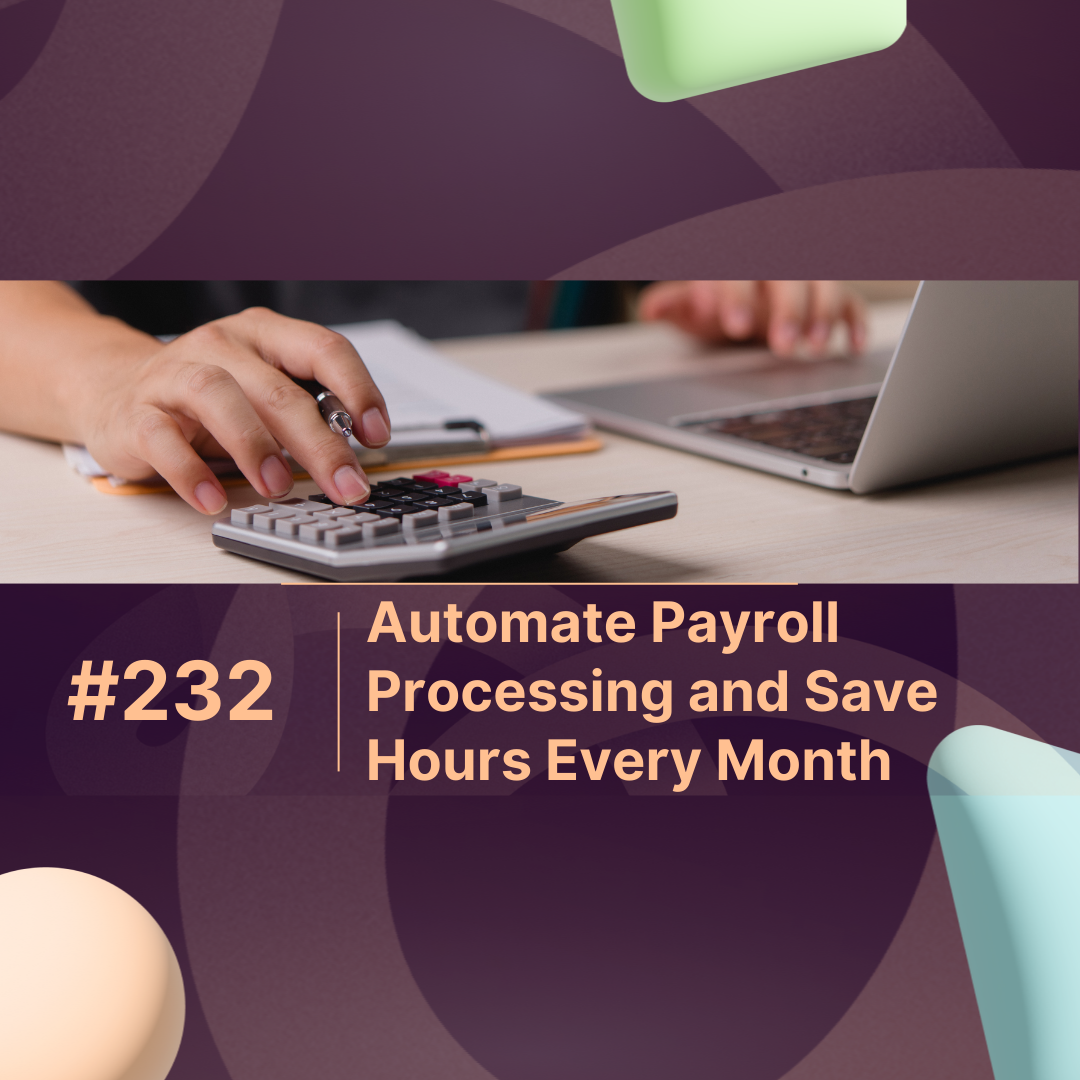In today’s dynamic business environment, effective workforce management is essential for organizational success. Human Resources Information Systems play a crucial role in streamlining HR processes, improving data accuracy, and optimizing workforce management strategies. In this blog post, we’ll explore the key benefits of HRMS in optimizing workforce management and discuss how organizations can leverage these systems to achieve their HR goals efficiently.
Streamlining Administrative Tasks with HRMS
HRMS platforms automate and streamline a wide range of administrative tasks, freeing HR professionals from manual data entry and paperwork. By digitizing processes and centralizing employee data, HRIS simplifies routine HR tasks and enhances operational efficiency.
- Automated Payroll Processing: HRMS platforms automate payroll calculations, tax deductions, and direct deposits, reducing errors and ensuring timely and accurate payments to employees.
- Efficient Benefits Administration: HRMS systems facilitate benefits enrollment, eligibility tracking, and compliance management, simplifying the administration of employee benefits programs.
- Time and Attendance Tracking: With integrated timekeeping features streamlines time and attendance tracking, allowing employees to clock in and out electronically and enabling managers to monitor attendance more effectively.
Improving Data Accuracy and Decision-Making
HRIS centralizes employee data in a secure, cloud-based repository, providing HR professionals with a single source of truth for workforce information. By maintaining accurate and up-to-date data, enhances data integrity and supports informed decision-making across the organization.
- Centralized Employee Database: HRMS platforms store comprehensive employee records, including personal information, employment history, performance evaluations, and training records, in a centralized database accessible to authorized users.
- Real-Time Reporting and Analytics: HRMS systems generate customizable reports and analytics dashboards, allowing HR professionals to track key metrics, identify trends, and make data-driven decisions about workforce management strategies.
- Compliance Management: HRMS platforms help organizations maintain compliance with labor laws, regulations, and industry standards by automating compliance-related tasks, tracking certifications and licenses, and generating compliance reports.
Enhancing Employee Experience and Engagement
HRIS platforms play a crucial role in enhancing the employee experience and fostering engagement by providing self-service capabilities, facilitating communication, and supporting employee development initiatives.
- Self-Service Portals: HRMS systems offer self-service portals where employees can access and update their personal information, view pay stubs, request time off, and enroll in benefits, empowering them to manage their HR tasks independently.
- Communication and Collaboration Tools: Some HRMS platforms include built-in communication and collaboration features, such as messaging, chat, and discussion forums, that facilitate communication and foster a sense of community among employees.
- Training and Development Support: HRMS systems support employee training and development initiatives by tracking training requirements, scheduling training sessions, and monitoring employee progress and completion of training programs.
Ensuring Security and Compliance
Security and compliance are top priorities for HR professionals when managing sensitive employee data. HRMS platforms incorporate robust security measures and compliance controls to protect employee information and ensure regulatory compliance.
- Data Encryption and Access Controls: HRMS platforms use encryption techniques to secure data transmission and implement access controls to restrict unauthorized access to sensitive employee information.
- Audit Trails and Compliance Reporting: HRMS systems maintain audit trails that track changes to employee data, providing transparency and accountability, and generate compliance reports to demonstrate adherence to regulatory requirements.
- Regular Security Audits and Updates: HRMS vendors conduct regular security audits and updates to identify and address potential vulnerabilities, ensuring the ongoing security and integrity of the system.
Human resources management system plays a pivotal role in optimizing workforce management by streamlining administrative tasks, improving data accuracy, enhancing employee experience and engagement, and ensuring security and compliance. By leveraging the capabilities of Human resources management system platforms effectively, organizations can unlock efficiency, drive productivity, and achieve their HR objectives in today’s digital age.



